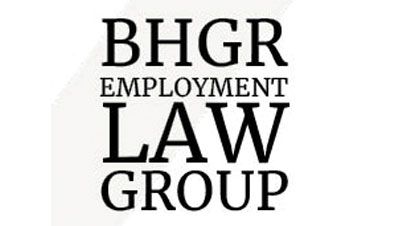Thought Leaders: FTC issues rule banning noncompete agreements
By BHGR Law Employment Group — Berg Hill Greenleaf Ruscitti LLP —
By one estimate, every fifth American worker has a “noncompete agreement” with a current or former employer. Such agreements typically prohibit the worker from competing with the employer, such as by going to work for a competitor or starting a competing business, for a period of time after leaving the employer.
But a new rule announced by the Federal Trade Commission (FTC) on April 23 promises to ban the great majority of noncompete agreements.
The rule would make it illegal for a business to enter into new noncompete agreements with workers and enforce existing noncompete agreements against workers. The rule would also require any business that previously entered into a newly prohibited noncompete agreement with a worker to provide the worker notice that the business will not and cannot enforce the noncompete agreement.
The rule creates exceptions for (1) existing noncompete agreements with “senior executives,” defined as workers who occupied a “policy-making position” and made at least $151,164 in the past year, and (2) noncompete agreements entered into as part of a sale of a business.
The rule would not protect workers in certain industries over which the FTC does not have jurisdiction, including workers for banks; savings and loans institutions; credit unions; “common carriers” (airlines, railroads, phone companies, internet service providers, trucking companies, etc.); meatpacking companies; livestock dealers; and certain nonprofits.
The rule will take effect in early September at the earliest. But legal challenges by the U.S. Chamber of Commerce and others threaten to delay the rule’s effective date—if not completely prevent the rule from taking effect.
For now, workers and businesses should take a wait-and-see approach.
BHGR attorneys will gladly discuss the rule and provide guidance regarding the rule’s impact on particular workers or businesses. Please contact Josh Marks, Kathleen Alt, Rudy Verner, or Andrew Fischer.
This article is informational only. The presentation or use of this information does not in any manner constitute an attorney-client relationship between BHGR and the website user. While the information on this site concerns legal issues, it is not intended as legal advice or a substitute for particularized advice from your own legal counsel.
By one estimate, every fifth American worker has a “noncompete agreement” with a current or former employer. Such agreements typically prohibit the worker from competing with the employer, such as by going to work for a competitor or starting a competing business, for a period of time after leaving the employer.
But a new rule announced by the Federal Trade Commission (FTC) on April 23 promises to ban the great majority of noncompete agreements.
The rule would make it illegal for a business to enter into new noncompete agreements with workers and enforce existing noncompete agreements against workers. The rule would also require…


